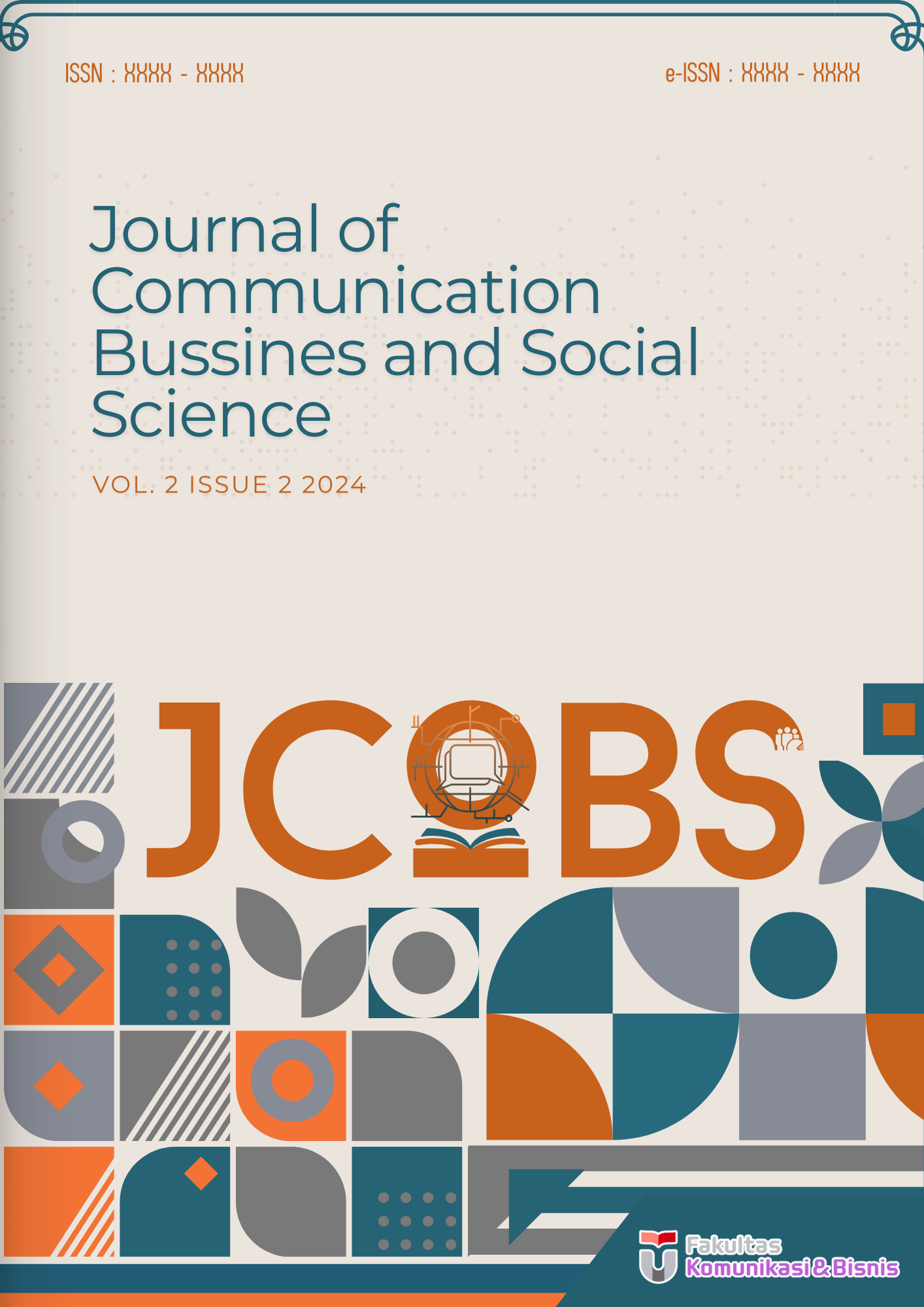Pengaruh E-Service Quality Dan Promosi Terhadap Kepuasan Pelanggan Grabfood Pada Generasi Z Di Bali
DOI:
https://doi.org/10.25124/jcobs.v2i2.8739Keywords:
E-service Quality, Promotion, Customer SatisfactionAbstract
Online food delivery (OFD) has now become an important requirement for the people of Indonesia, so that OFD services
are now competing to provide the best satisfaction to their customers. In Indonesia, OFD services vary. Grab with the
OFD function, namely Grabfood. With many competitors, Grabfood must always provide maximum service and attractive
incentives for customers to be satisfied with the services provided. The purpose of this study is to identify and analyze the
impact of advertising and e-service quality on customer satisfaction, either partially or simultaneously, among Generation
Z in Bali. The method used in this research is a quantitative method combined with a descriptive method. The scale used
is the Likert scale and several linear regression tests, partial tests ( t test) and simultaneous tests (F test) are used to
analyze the data. Electronic service quality, promotion and customer satisfaction are at the appropriate level, proportional to
each variable. Then, the results of the promotion test show that partially and simultaneously, the quality of e-services
has a significant influence on GrabFood customer satisfaction in Generation z Bali. The influence of the independent
variables quality and promotion of electronic services on the dependent variable, namely customer satisfaction, is 69.2%.
The remaining 30.8% is an influence variable that was not examined carefully in this research.
Downloads
Downloads
Published
Issue
Section
License
Authors who publish in this journal agree to the following rules:
- Authors retain copyright and give the journal the right of first publication, with the work simultaneously licensed under a Creative Commons Attribution License that allows others to share the work with an acknowledgement of the work's authorship and initial publication in this journal.
- Authors may enter separate, additional contractual arrangements for the non-exclusive distribution of the journal's published version of the work (e.g., posting it to an institutional repository or publishing it in a book), with attribution to the journal's initial publication.
- Authors are permitted and recommended to post their work online (such as in institutional repositories or on their website) prior to and during the submission process, as it can lead to productive exchanges as well as earlier and greater citation of published work.


